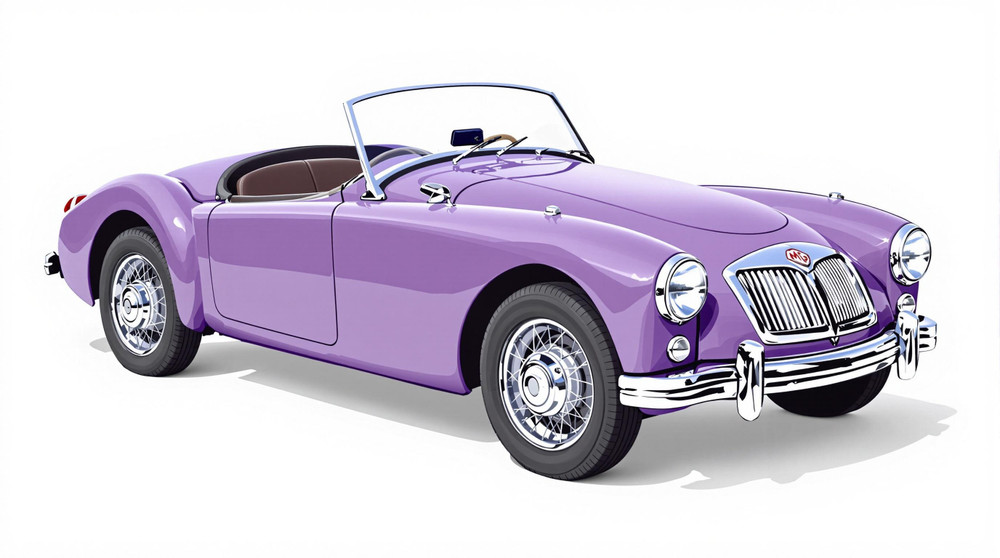Image of 1956 Mg Mga, Note: These illustrations use artistic license and may differ from actual historical models.
Performance Metrics
Fundamental Metrics
Emotional Appeal
MMP Rating
| Engine Specifications | |
|---|---|
| Engine: | 1.5L I4 |
| Displacement: | 1489 cc |
| Horsepower: | 68-72 hp |
| Torque: | 77 lb-ft |
| Compression Ratio: | 8.3:1 |
| Ignition System: | Coil and distributor |
| Cooling System: | Water-cooled |
| Performance Specifications | |
| 0-60 Time: | 16 seconds |
| 1/4 Mile Time: | 20 seconds |
| Top Speed: | 98 mph |
| Transmission and Drive | |
| Drive Type: | RWD (Rear Wheel Drive) |
| Transmission Type: | 4-speed manual |
| Fuel and Efficiency | |
| Fuel System Type: | Twin SU carburetors |
| MPG: | 26-30 mpg |
| Dimensions and Brakes | |
| Brakes: | Drum brakes |
| Wheelbase: | 94.5 inches |
| Weight: | 2028 lbs |
Note: Specifications for classic cars are given to the best of our ability, considering the limited and variant data available.
1956 MG MGA: A Timeless British Classic
The 1956 MG MGA stands as a testament to the allure of British sports cars, embodying a blend of elegance and performance that continues to captivate enthusiasts worldwide. Born from the storied assembly lines of the MG Car Company, this model marked a significant departure from its predecessors, with its sleek lines and curvaceous bodywork. It was a car that not only heralded a new design language for MG but also became a symbol of post-war optimism and the sports car renaissance of the 1950s. A notable moment in its history is the MGA's impressive debut at the 1955 Le Mans 24-hour race, which solidified its reputation as a serious competitor.
Design and Innovation
The exterior styling of the MGA is nothing short of iconic, with its long bonnet, distinctive grille, and flowing fenders that seem to hug the road. The interior of the MGA was simple yet functional, with an emphasis on driver engagement over luxury. Materials were typical of the era, with leather seats and a metal dashboard housing essential gauges. Technological features were modest but effective, including rack-and-pinion steering which was innovative for its time. The color palette ranged from classic Old English White to striking Orient Red, with the latter often catching the eye of sports car aficionados. Among body styles, the roadster was particularly popular, offering an open-air driving experience that was synonymous with freedom.
Historical Significance
The MGA's impact on automotive design was profound. It broke away from the upright styling of previous MG models and set a new standard for what a British sports car should look like. Its design influenced numerous vehicles that followed, making it a benchmark for elegance and simplicity in sports car design.
Performance and Handling
Underneath its bonnet lay a 1.5-liter inline-four engine that propelled the MGA to top speeds nearing 100 mph—a respectable figure for the time. Acceleration from 0-60 mph took around 16 seconds. Handling was one of the MGA's strong suits; it navigated winding roads with grace and poise, thanks to its lightweight construction and balanced chassis. Driving an MGA was an auditory delight as well—the engine's throaty growl added to an immersive driving experience.
Ownership Experience
The MGA was versatile enough to serve as a daily driver or weekend showpiece. Its mechanical simplicity meant maintenance could be managed by amateur mechanics, though parts availability has become more challenging over time. Despite this, the robust community and aftermarket support have kept many MGAs on the road.
Fun Facts
Did you know that only about 101,000 MGAs were produced during its production run? Celebrity ownerships included stars like Elvis Presley, adding to its allure. While it didn't hold any speed records, its sales success made it one of Britain's most exported cars.
Collector's Information
Today, an MGA can fetch anywhere from $20,000 to $60,000 depending on condition and originality—a testament to its enduring appeal. While not exceedingly rare, well-preserved examples are highly sought after by collectors. The market trend shows appreciation in value as more enthusiasts seek out these quintessential British classics.
Conclusion
The 1956 MG MGA is more than just a car; it's a piece of automotive history that continues to enchant with its timeless design and spirited performance. Whether on display at a classic car show or navigating scenic byways, it remains a beloved emblem of Britain's golden era of motoring—a true classic that captures hearts as swiftly now as it did over six decades ago.
1956 Mg Mga Catalog of Parts
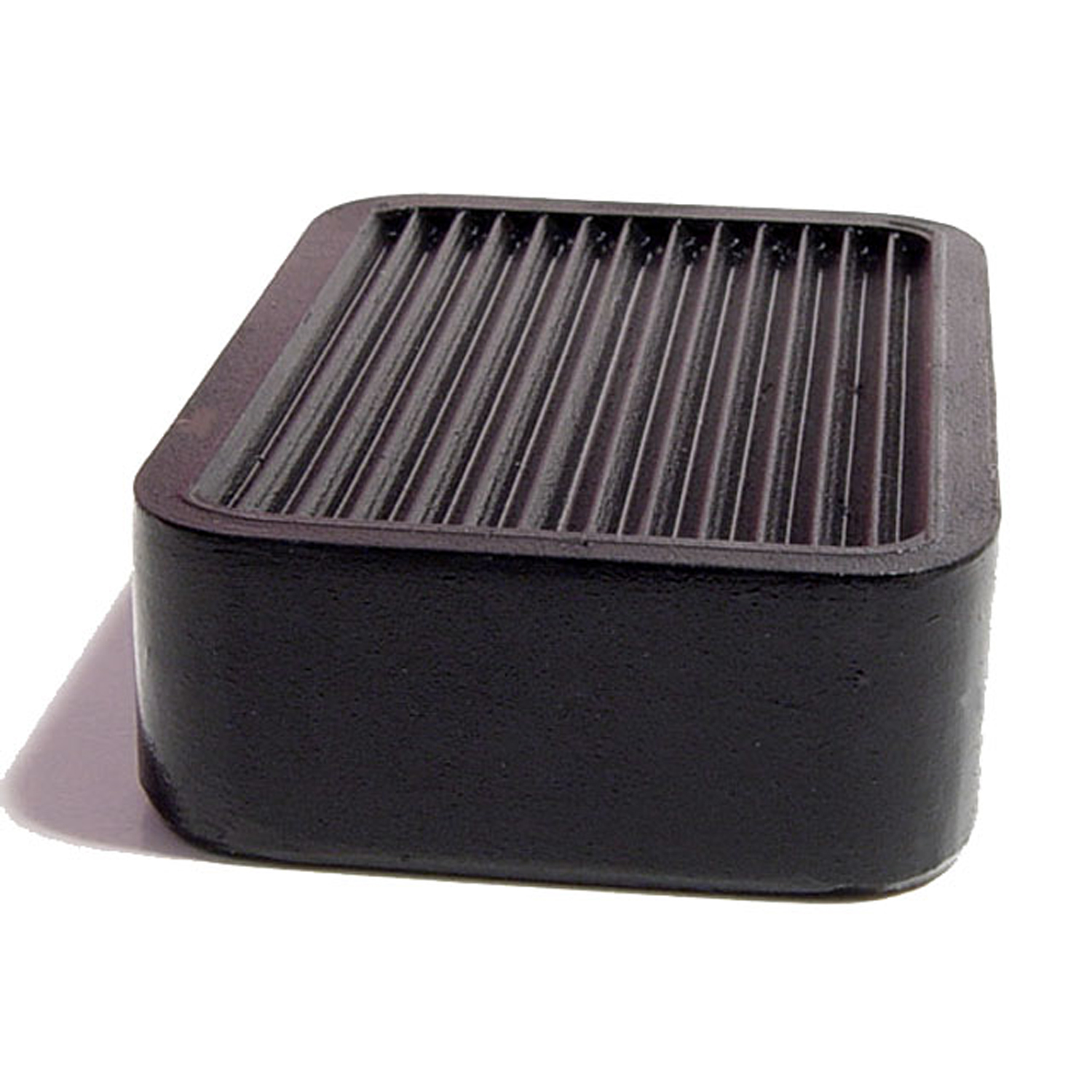 1956 MG MGA Accelerator Pedal Pad. 1-3/16" wide X 1-5/8" long. Each-AP 28Accelerator Pedal Pad. 1-3/16" wide X 1-5/8" long. Each
1956 MG MGA Accelerator Pedal Pad. 1-3/16" wide X 1-5/8" long. Each-AP 28Accelerator Pedal Pad. 1-3/16" wide X 1-5/8" long. Each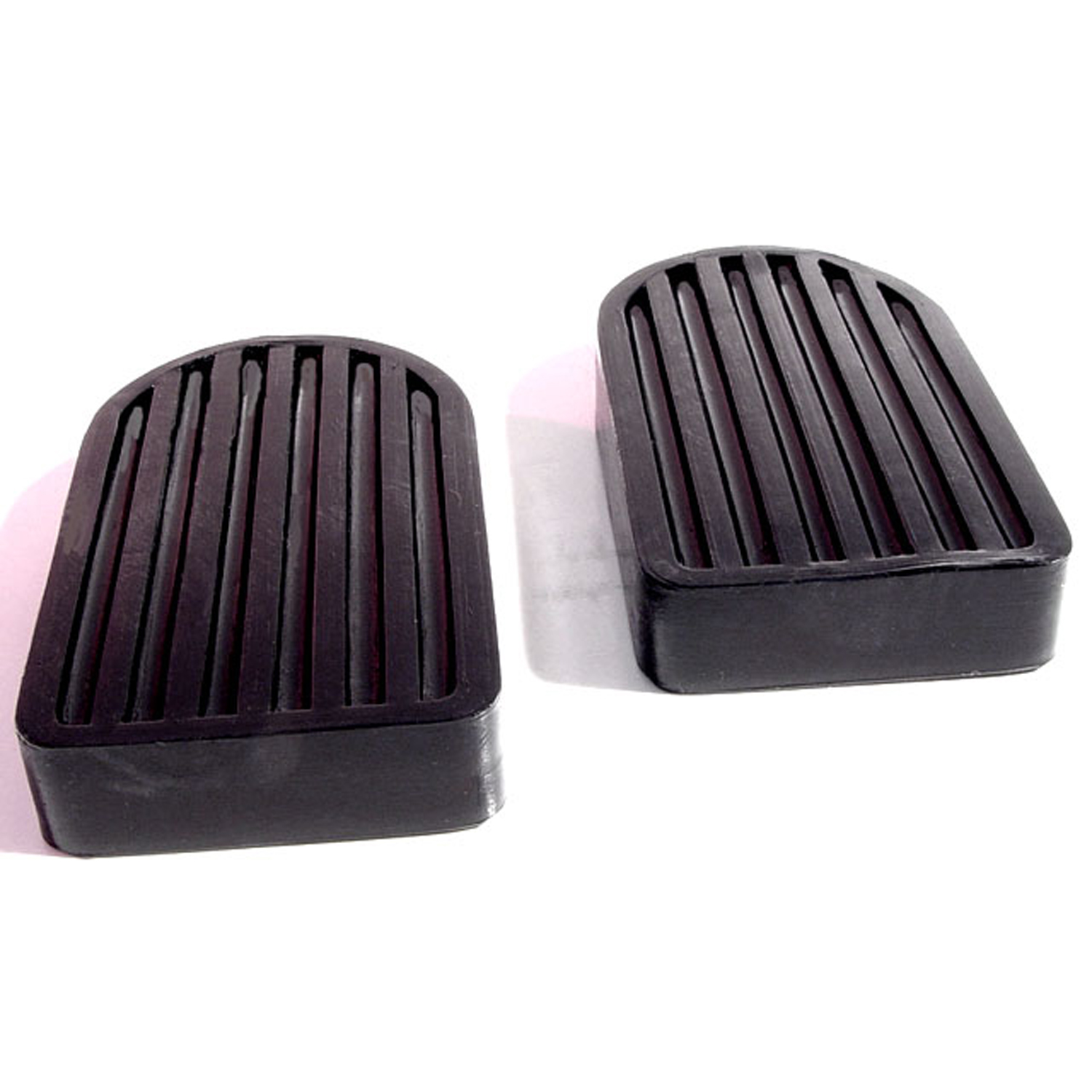 1956 MG MGA Clutch and Brake Pedal Pads. 1-3/4" wide X 3" long. Pair-CB 86Clutch and Brake Pedal Pads. 1-3/4" wide X 3" long. Pair
1956 MG MGA Clutch and Brake Pedal Pads. 1-3/4" wide X 3" long. Pair-CB 86Clutch and Brake Pedal Pads. 1-3/4" wide X 3" long. Pair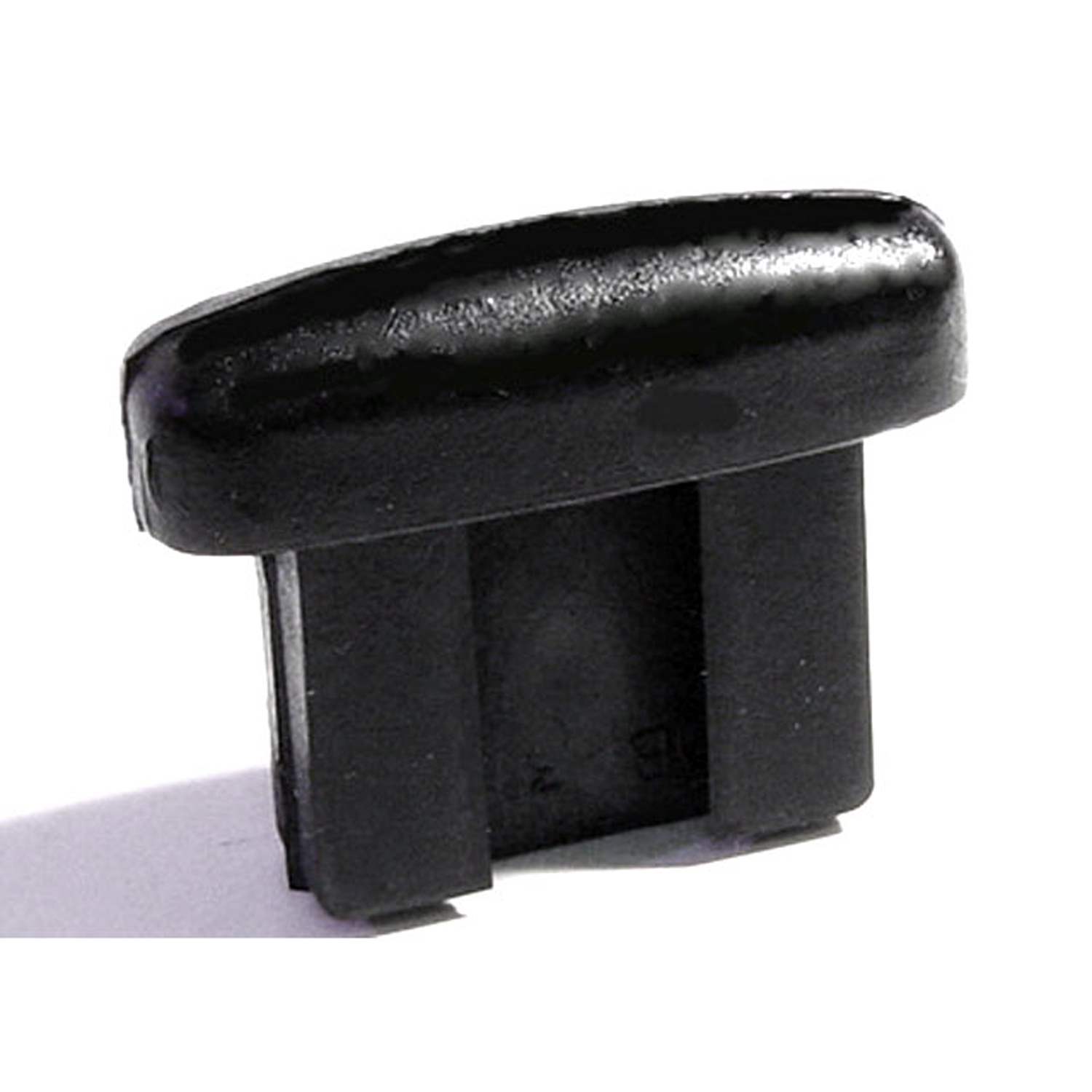 1956 MG MGA Door Bumper. 1-3/16" high X 1-1/2" wide X 7/16" thick-DB 31Door Bumper. 1-3/16" high X 1-1/2" wide X 7/16" thick. Each
1956 MG MGA Door Bumper. 1-3/16" high X 1-1/2" wide X 7/16" thick-DB 31Door Bumper. 1-3/16" high X 1-1/2" wide X 7/16" thick. Each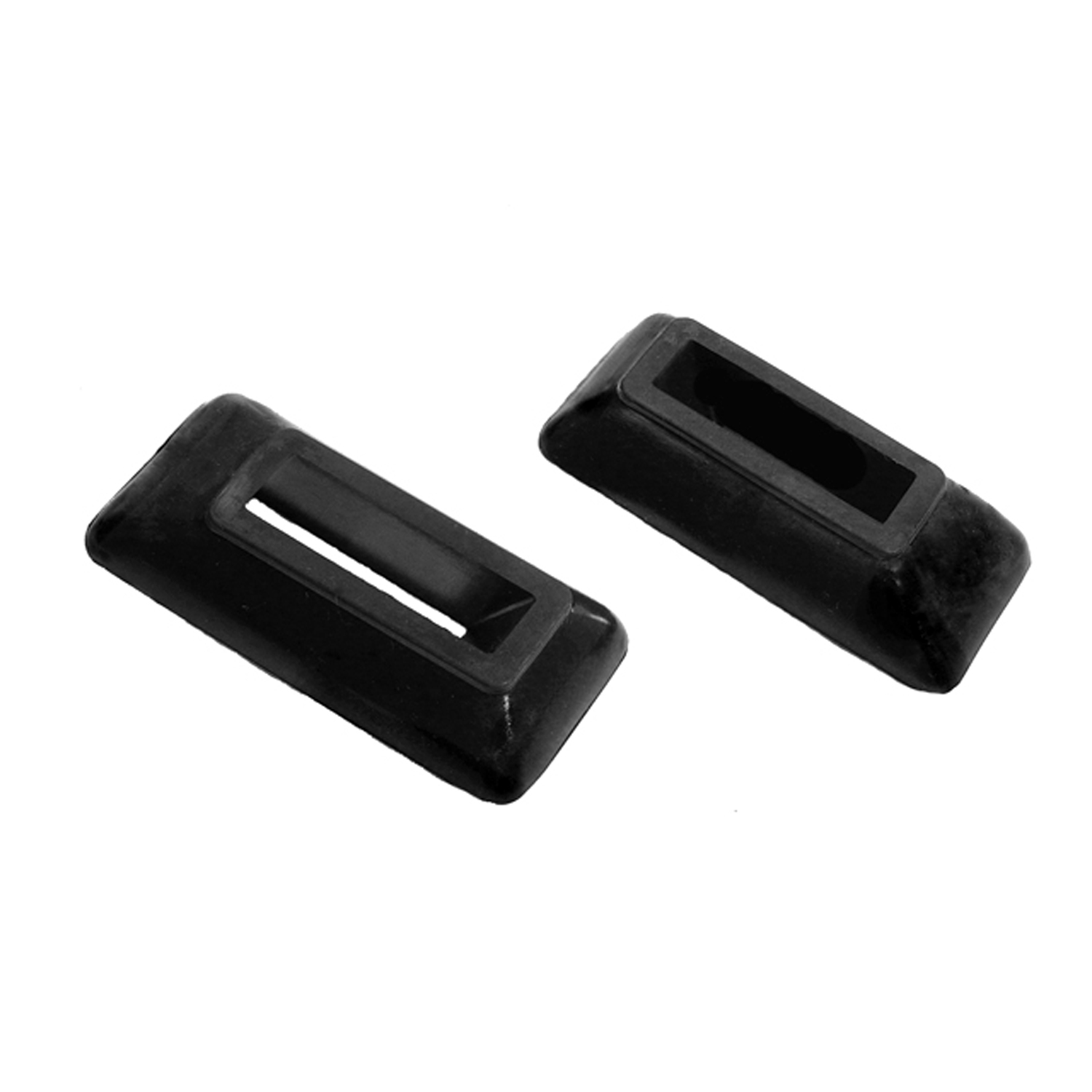 1956 MG MGA Windshield Post Bases. 2-15/16" x 1-7/16" Pair R&L-MB 18Windshield Post Bases. 2-15/16" x 1-7/16" Pair R&L
1956 MG MGA Windshield Post Bases. 2-15/16" x 1-7/16" Pair R&L-MB 18Windshield Post Bases. 2-15/16" x 1-7/16" Pair R&L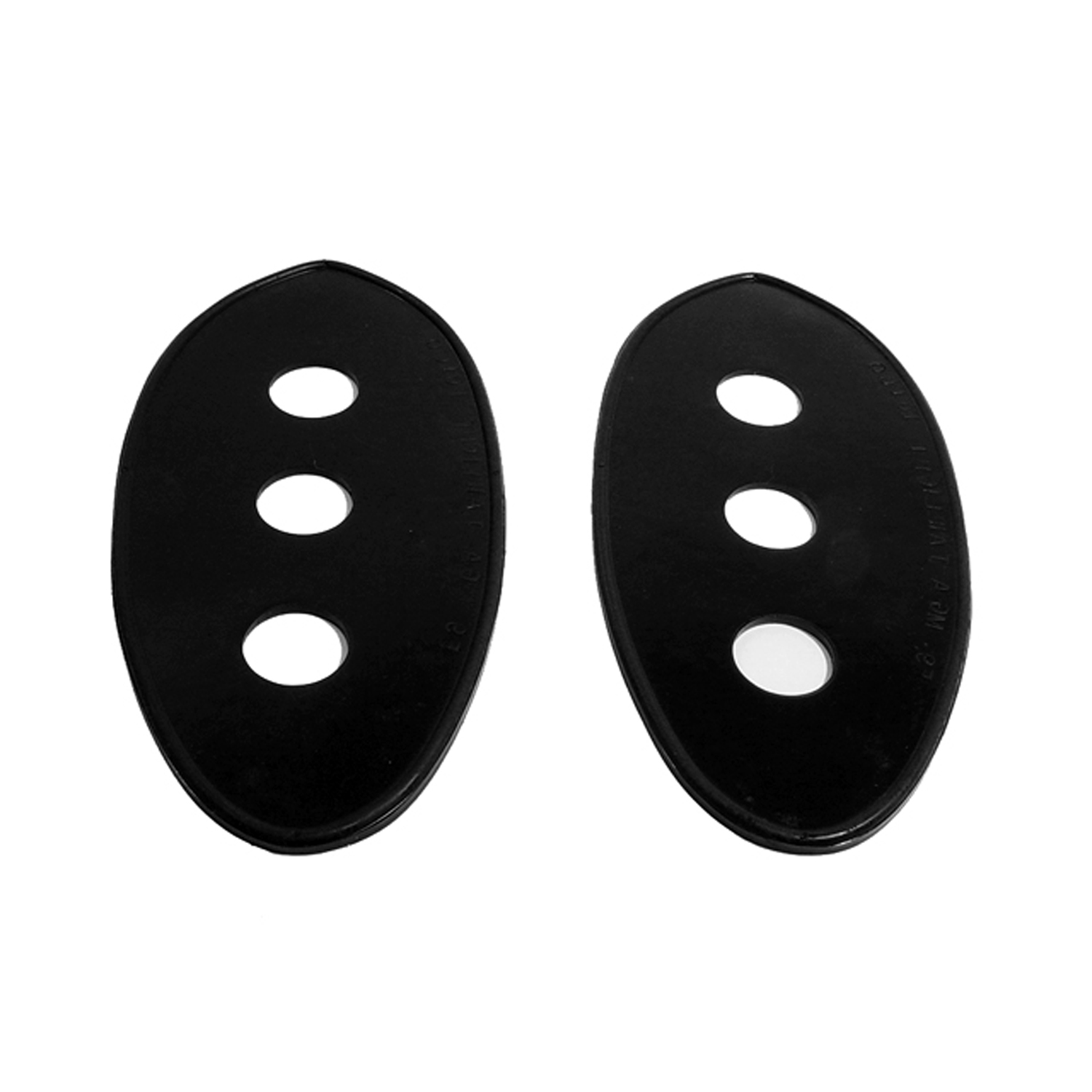 1956 MG MGA Tail-light Pads. 4-1/4" wide X 8-3/4" long. Pair-MP 1010-QTail-light Pads. 4-1/4" wide X 8-3/4" long. Pair
1956 MG MGA Tail-light Pads. 4-1/4" wide X 8-3/4" long. Pair-MP 1010-QTail-light Pads. 4-1/4" wide X 8-3/4" long. Pair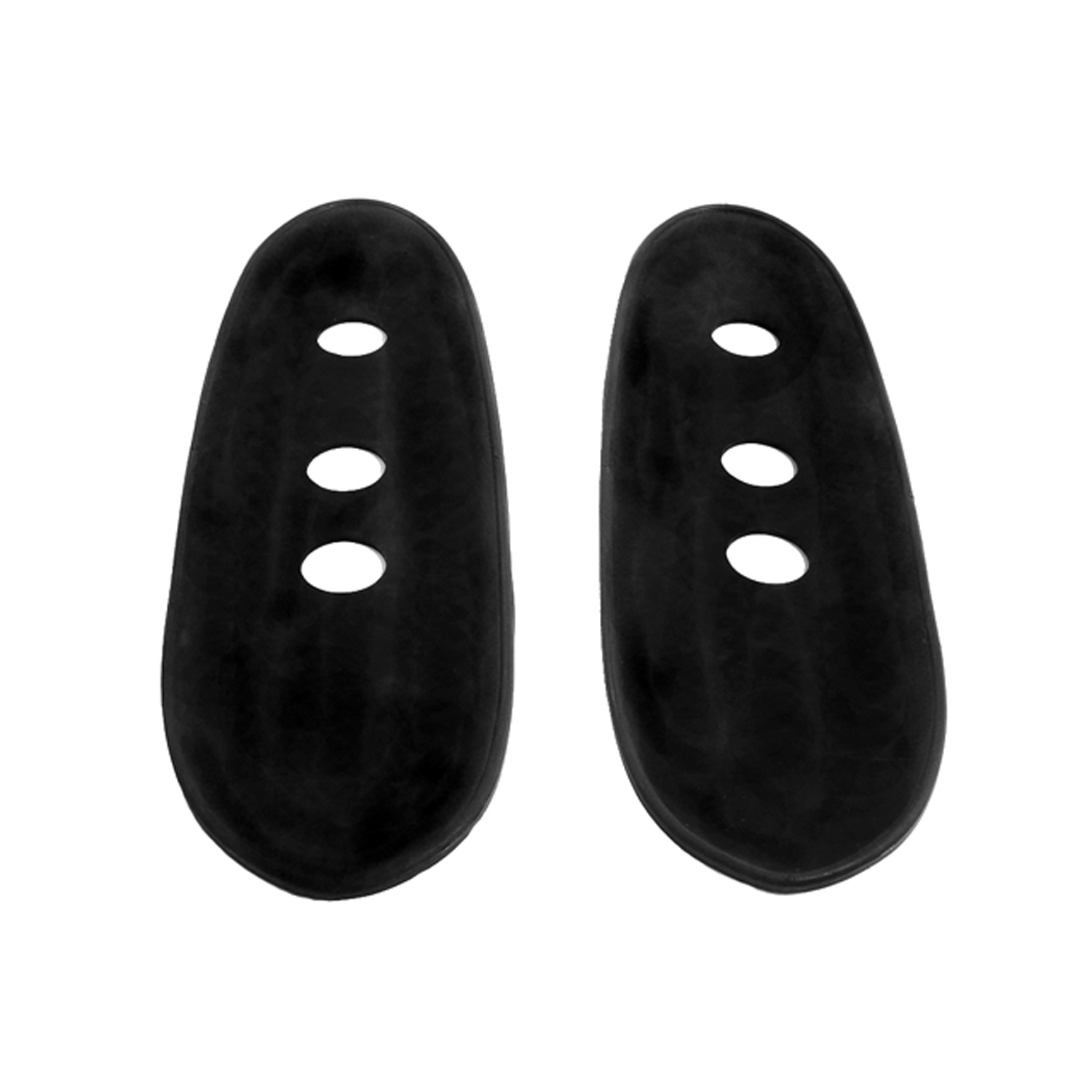 1956 MG MGA Tail-light Pads for MGA 1600. 4-1/4" wide X 14-1/4" long-MP 1010-RTail-light Pads for MGA 1600. 4-1/4" wide X 14-1/4" long. Pair
1956 MG MGA Tail-light Pads for MGA 1600. 4-1/4" wide X 14-1/4" long-MP 1010-RTail-light Pads for MGA 1600. 4-1/4" wide X 14-1/4" long. Pair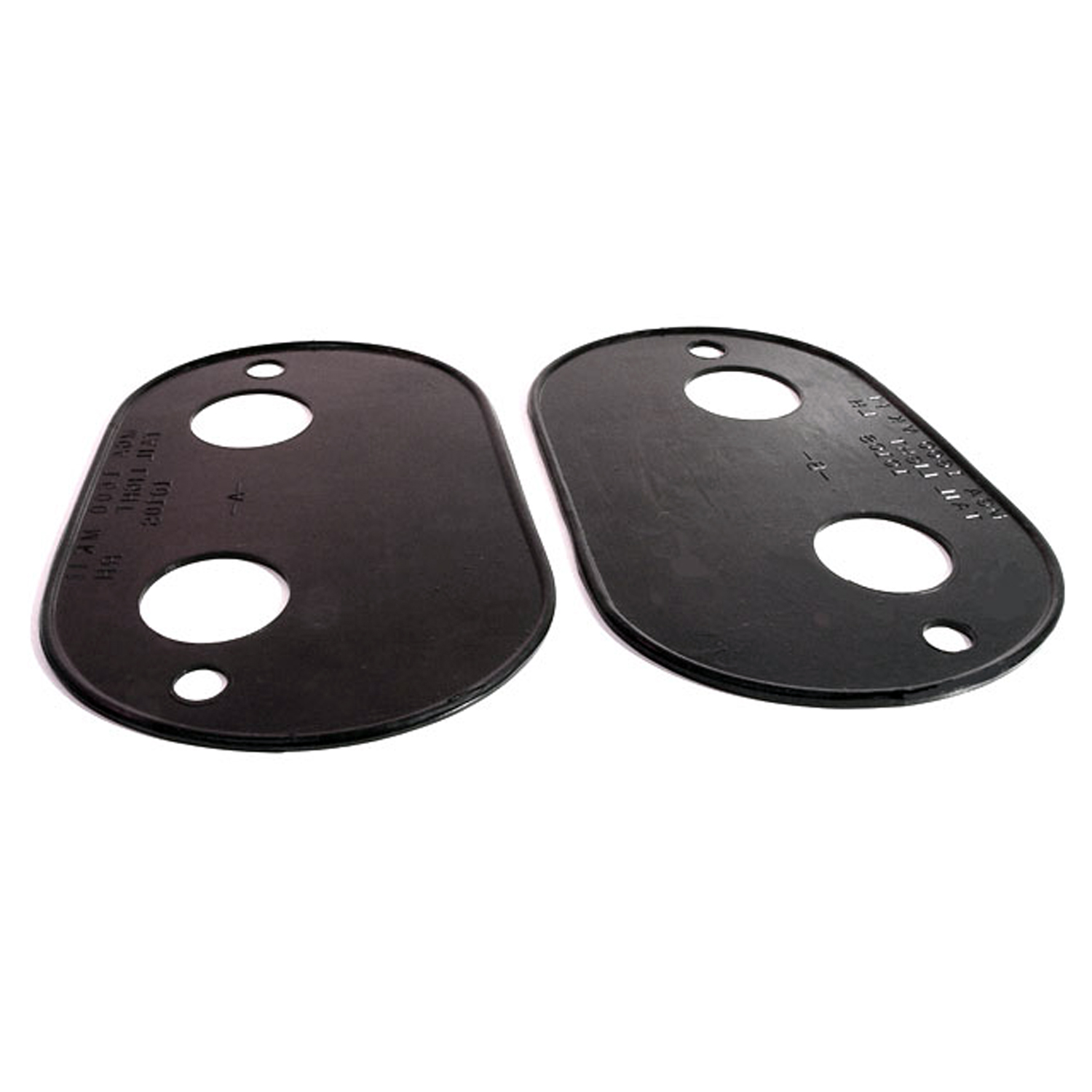 1956 MG MGA Tail-light Pads for MGA 1600, MK II-MP 1010-STail-light Pads for MGA 1600, MK II. 5-1/8" wide X 8-1/8" long. Pair
1956 MG MGA Tail-light Pads for MGA 1600, MK II-MP 1010-STail-light Pads for MGA 1600, MK II. 5-1/8" wide X 8-1/8" long. Pair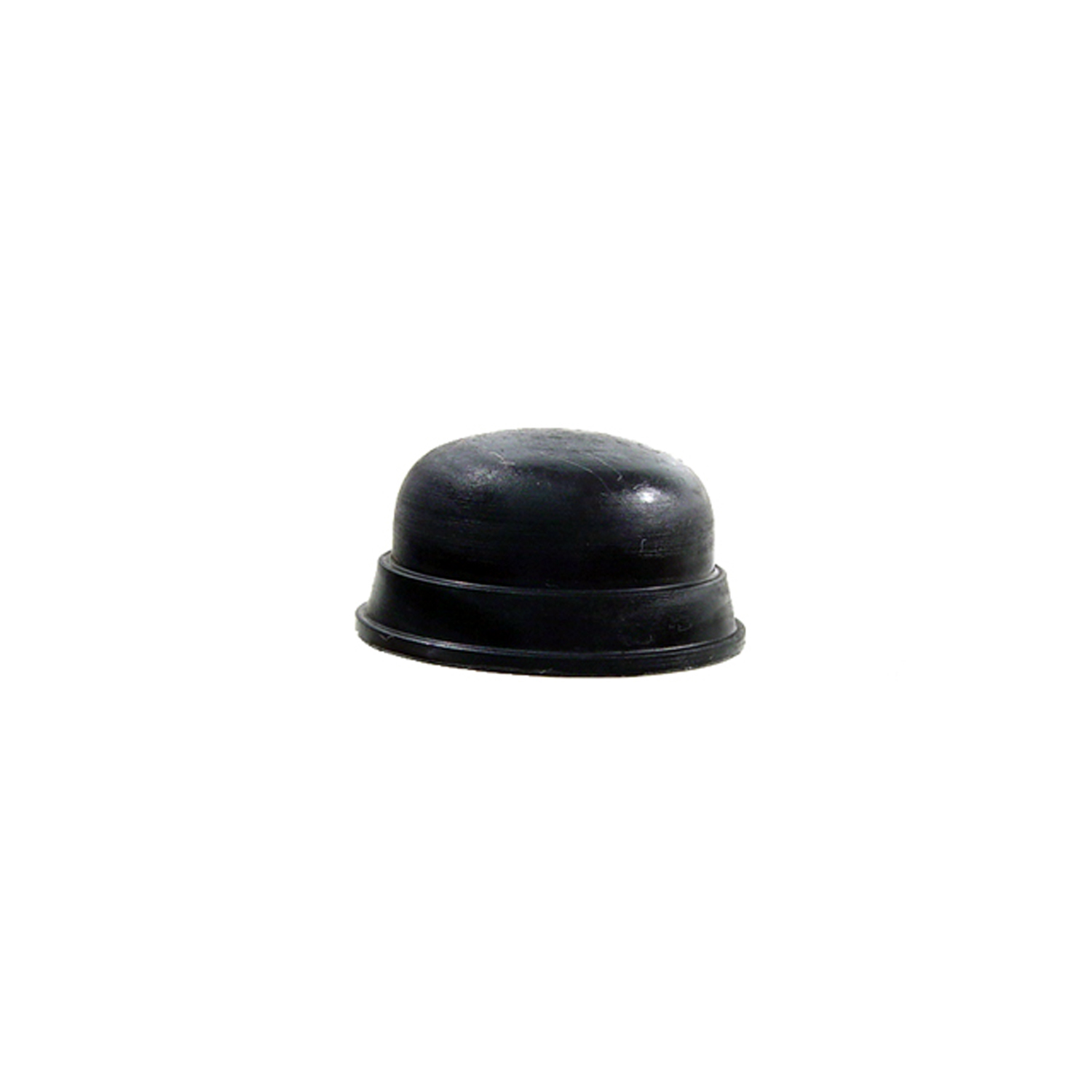 1956 MG MGA Starter Solenoid Button Cover. Perfect reproduction. Each-RP 1Starter Solenoid Button Cover. Perfect reproduction. Each
1956 MG MGA Starter Solenoid Button Cover. Perfect reproduction. Each-RP 1Starter Solenoid Button Cover. Perfect reproduction. Each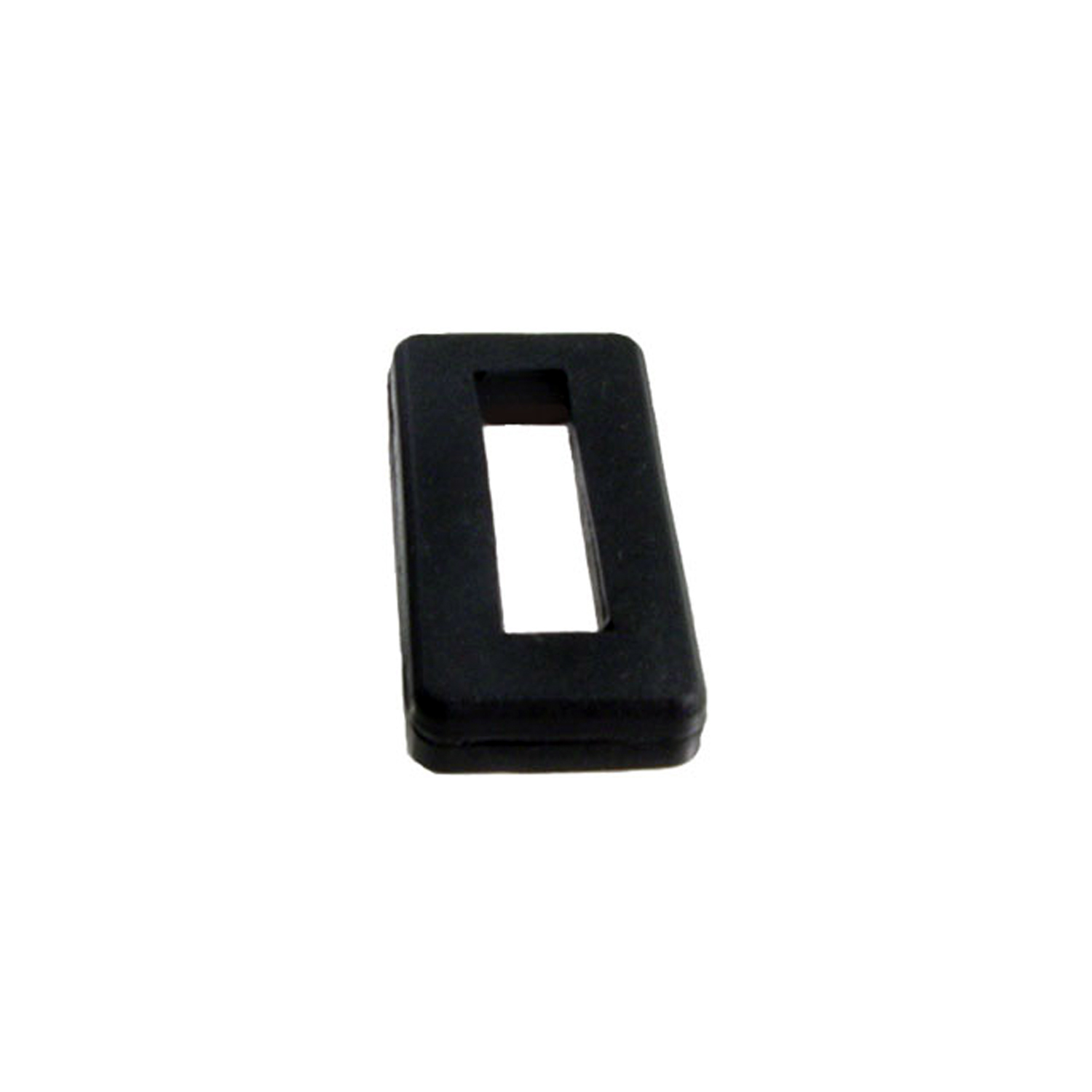 1956 MG MGA Grille Shell Grommet. 2" X 1" X 5/16" Thick. Each-SM 7Grille Shell Grommet. 2" X 1" X 5/16" Thick. Each
1956 MG MGA Grille Shell Grommet. 2" X 1" X 5/16" Thick. Each-SM 7Grille Shell Grommet. 2" X 1" X 5/16" Thick. EachWhy Choose Metro?
For over 100 years, Metro Moulded Parts has been the pinnacle of quality in classic car restoration parts. Our commitment to precision and authenticity in every component ensures a perfect fit and an OEM-level appearance.
- Expert Craftsmanship & Quality: Each part is a testament to our dedication to reliability and perfection, crafted from original designs and thoroughly tested.
- Advanced Technology: We use cutting-edge techniques to create flawless, long-lasting parts that surpass others in performance.
- SuperSoft Sponge – The Ultimate Door Seal: Not only are our door seals 30% softer than competitors', but they're also guaranteed to never leak. They effectively reduce wind and road noise, enhancing your classic car's comfort and driving experience.
- Proudly American: Our parts are a product of American craftsmanship, made in the USA with a spirit of excellence and heritage.
- Unrivaled Warranty: We back our products with a 30-year industry-leading warranty, a testament to our confidence in their quality.
Join us in preserving the legacy of classic cars with parts that are crafted for perfection, not just made.

